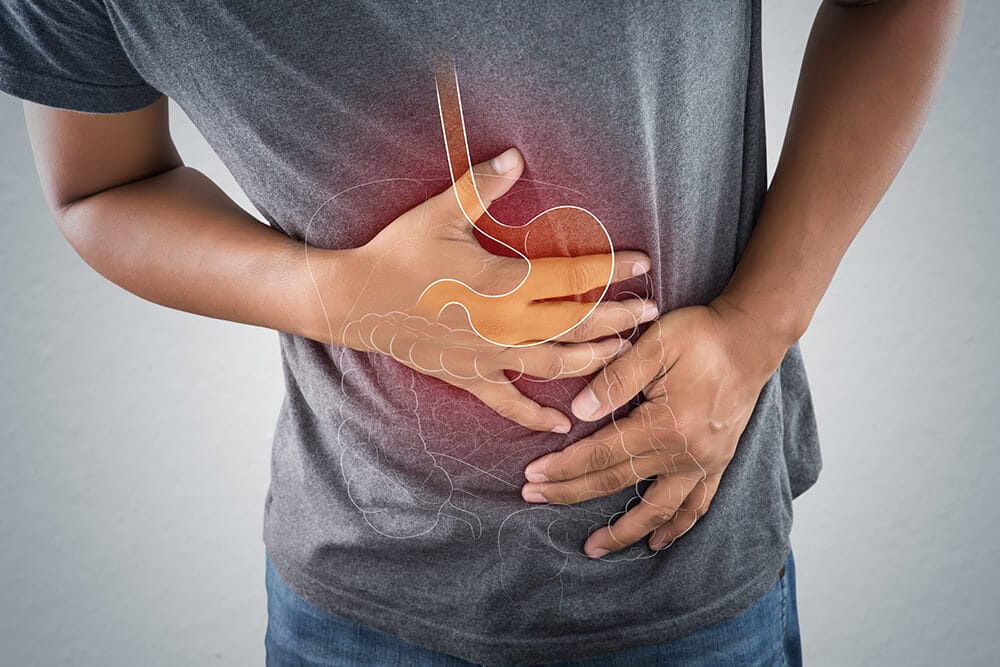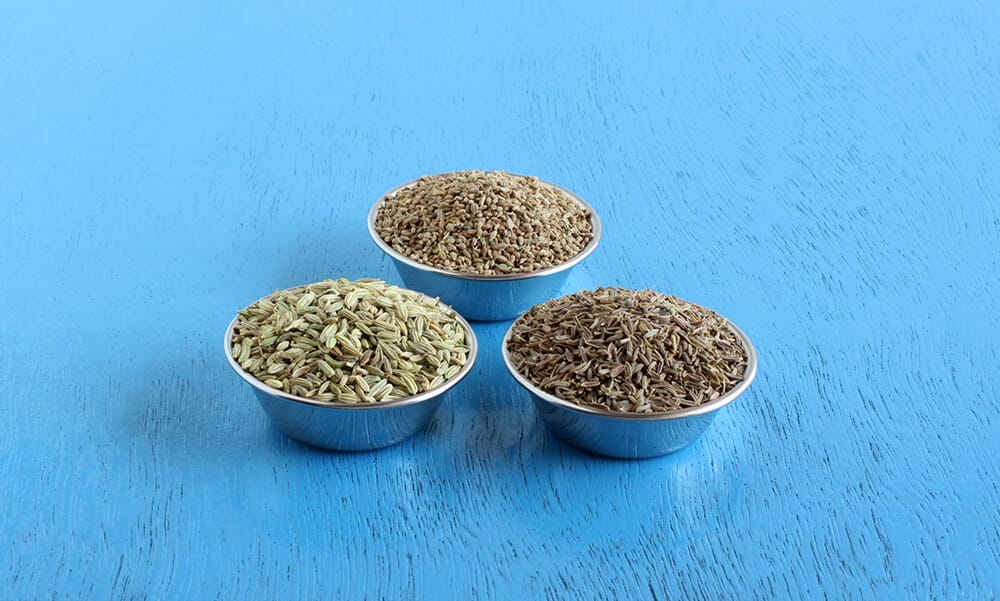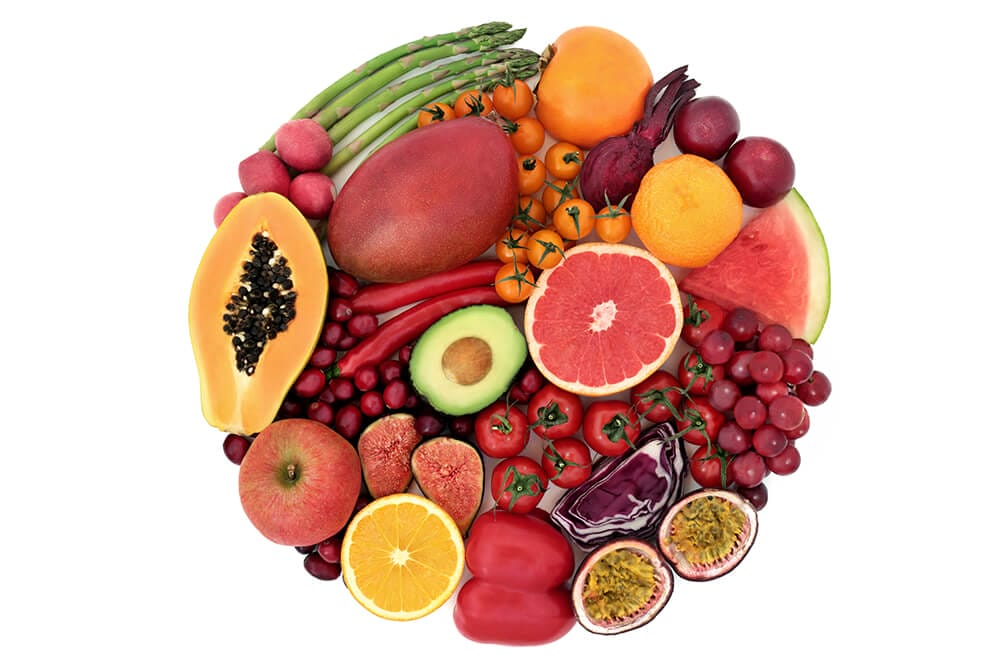
What Food Should You Include & Avoid In Your Low-Blood Pressure Diet
Overview of the Low-Pressure Diet
Low blood pressure can occur without causing any symptoms, and it is not necessarily a health concern. A doctor, on the other hand, may be worried about someone who has been experiencing long-term low blood pressure. There are a few low BP treatment foods that can help in raising blood pressure.
Low blood pressure, often known as hypotension, may not necessarily demonstrate obvious symptoms. However, dizziness, thirst, and exhaustion are some of the most common symptoms of low blood pressure. The best method to combat this problem is to eat a healthy diet and avoid food that lower blood pressure quickly.
What is Low Pressure?
Low blood pressure (less than 90/60) is referred to as hypotension in healthcare. Low blood pressure can also be caused by incorrect heart-brain communication. Inflammation, cardiovascular disease, anemia, a slow heartbeat, cardiac arrest, and illnesses including thyroid dysfunction, hypoglycemia, and adrenal insufficiency are all causes of low blood pressure. Lower air pressure puts less pressure on the body’s tissues, enabling them to expand. Expanded tissues can create discomfort by putting strain on joints.
Benefits of Low-Pressure Diet
Having food for low blood pressure helps in maintaining healthy blood pressure levels. Low BP treatment foods can have numerous benefits, such as:
- Carbohydrate-rich meals are digested faster by the body than other foods, resulting in a reduction in blood pressure. As a result, physicians advise decreasing carbohydrates and replacing them with protein and fat sources.
- Anemia can be caused by a lack of protein and iron in your diet, which results in reduced hemoglobin synthesis. Hypotension is often a problem for anemic people. As a result, a good protein-rich diet and the consumption of iron-rich foods can aid in the treatment of this illness.
- Red blood cell formation is boosted by vitamin B12. As a result, a vitamin B12 shortage can drop blood pressure.
- Folate, often known as vitamin B9, is required for the development and growth of healthy blood cells. It is also vital to consume it in order to maintain a healthy blood pressure level.
How to follow a Low-Pressure Diet?
It is not tough to begin eating healthily. However, maintaining consistency in doing so is. Cravings, mood swings, hormone imbalances, stress, and weariness may all make it difficult to stick to a diet plan. Dietary guidelines state that those with high blood pressure should consume food for low blood pressure and should follow the below-mentioned guidelines:
- Try to comprehend how the body functions; allowing it to want food would only slow down the body’s metabolic activities and impair the reactions that occur in the system. Long-period between meals and excessive fasting can be detrimental to the health and psychological well-being of an individual.
- Food aversions, dislikes, and preferences are widespread among all people because there are plenty of alternatives to choose from. Thus, don’t consume a certain food out of compulsion; it will only compress and confuse the body’s internal system, rather than helping it.
- A balanced diet is essentially a meal that includes all food categories throughout the day.
- The most critical aspect, which is often overlooked during the day’s activities, is hydration. Mint leaves or cucumber can be added to the water container.
- Eat modest, regular meals to maintain satiety. Prevent overeating at one time. It improves digestion, focus, and energy levels, among other things.
- Changing one’s mindset is linked to having a healthy body and mind. Exercise on a regular basis to limit the hormonal rush that tempts one to quit and indulge. Meditation leads to a deeper knowledge of oneself, and, as a result, helps the body’s functions.
Foods to eat to follow a Low-Pressure Diet
An individual’s blood pressure and heart health are directly influenced by the food they have. Furthermore, a diet deficient in proteins, vitamins B12, and B9 (commonly known as folate) might hinder the body from forming enough cells, resulting in anemia and low blood pressure.
As a result, meals that include the proper proportions of all nutrients are essential. These will help the body keep a normal blood pressure of less than 120/80 mm Hg. Some good food for low blood pressure diet are:
- Raisins help in lowering and managing blood pressure.
- Tea and coffee can cause an increase in your heart rate as well as a brief increase in blood pressure.
- Broccoli is a good choice for vegans and vegetarians since it contains folate and iron, and has high water content, making it an ideal low-pressure food.
- Minerals, proteins, and vitamins are abundant in meat. Eggs, on the other hand, are a good source of folate, vitamin B12, protein, and iron for those with low blood pressure who can’t eat red meat.
- Cottage cheese is a high-protein snack that can help you maintain a healthy blood pressure level.
- Chicken contains roughly 76g of water, thus, it is a good source of fluids. As a result, poultry items, such as chicken, must be included in a healthy diet for those with low blood pressure.
- Salty foods, such as smoked salmon, are not suggested, since they might raise blood pressure.
- Because lentils are high in iron and folate, they are recommended for those with anemia and hypotension.
- Because red meat is abundant in protein and iron, it is an ideal diet for those with low blood pressure.
Foods to avoid when following a Low-Pressure Diet
Certain food items are very harmful to people with low blood pressure and they should be avoided at all costs. Some foods that lower blood pressure quickly and should be avoided are:
- Dehydration is a cause of low blood pressure and is exacerbated by alcohol use. Thus, consumption of alcohol should be avoided.
- Large meal portions containing excessive carbs can reduce blood pressure even further.
- Milk includes calcium, which delays the absorption of iron in the intestine, despite its high water and nutritional content. Anemia develops as a result, which can lead to low blood pressure. Thus, excessive consumption of milk and other calcium-rich foods should be avoided.
- Hypotension individuals require foods with greater salt content. If one has low blood pressure, one should avoid low-sodium meals, like frozen fish, unsalted nuts and seeds, dry peas and beans, and so on.
Downsides of Following a Low-pressure Diet
In general, eating a well-balanced diet rich in fruits and vegetables, being hydrated, and leading an active lifestyle will have no negative consequences on one’s body. Large amounts of sodium in the diet from salt, on the other hand, may increase the risks of having enlarged heart muscle, headaches, heart failure, high blood pressure, renal illness, kidney stones, osteoporosis, stomach cancer, and stroke.
If a person has low blood pressure and wants to improve his/her absorption of critical nutrients, he/she should take salt in moderation, while keeping an active lifestyle.
Treatment of Low-pressure
Chronic low blood pressure can be effectively addressed for many people by making dietary and lifestyle adjustments. However, a few methods of treating low-pressure are as follows:
- Add additional salt to the bowl, since sodium can significantly raise blood pressure. Experts usually advise limiting salt in your diet because excess of it can lead to other chronic diseases.
- Drinking a lot of water is essential. Fluids assist in raising blood volume and avoiding dehydration, which is crucial in the treatment of hypotension.
- Compression stockings should be used if prescribed by the doctor.
Conclusion
Blood pressure can be affected by a variety of factors, including medical problems, age, and drugs. Consulting the doctor to ensure that one’s blood pressure is within a safe range is recommended. Blood pressure levels may be affected by various diets. If attempting to boost the blood pressure via food, go to a doctor or a nutritionist to be sure whether all of the nutrients are included in the diet, as needed by the body. As a result, it’s reasonable to conclude that some food for low blood pressure is advantageous to those with low blood pressure and can help them in maintaining healthy blood pressure. Simultaneously, certain meals can help lower blood pressure even more. As a result, those who have high blood pressure should avoid them.
FAQs
Can coffee help in increasing blood pressure?
Coffee consumption can briefly elevate blood pressure. For a long-term remedy, eating foods high in protein, iron, folate, B12 vitamin, and salt is recommended.
What does low blood pressure indicate?
When blood pressure is significantly lower than usual, it is known as low blood pressure. This indicates that the heart, brain, and other bodily components are just not getting sufficient blood.
Is consumption of fruits allowed in low blood pressure conditions?
Yes, citrus fruits can be consumed, since they are high in folate, which promotes the formation of red blood cells and helps to prevent low blood pressure.





